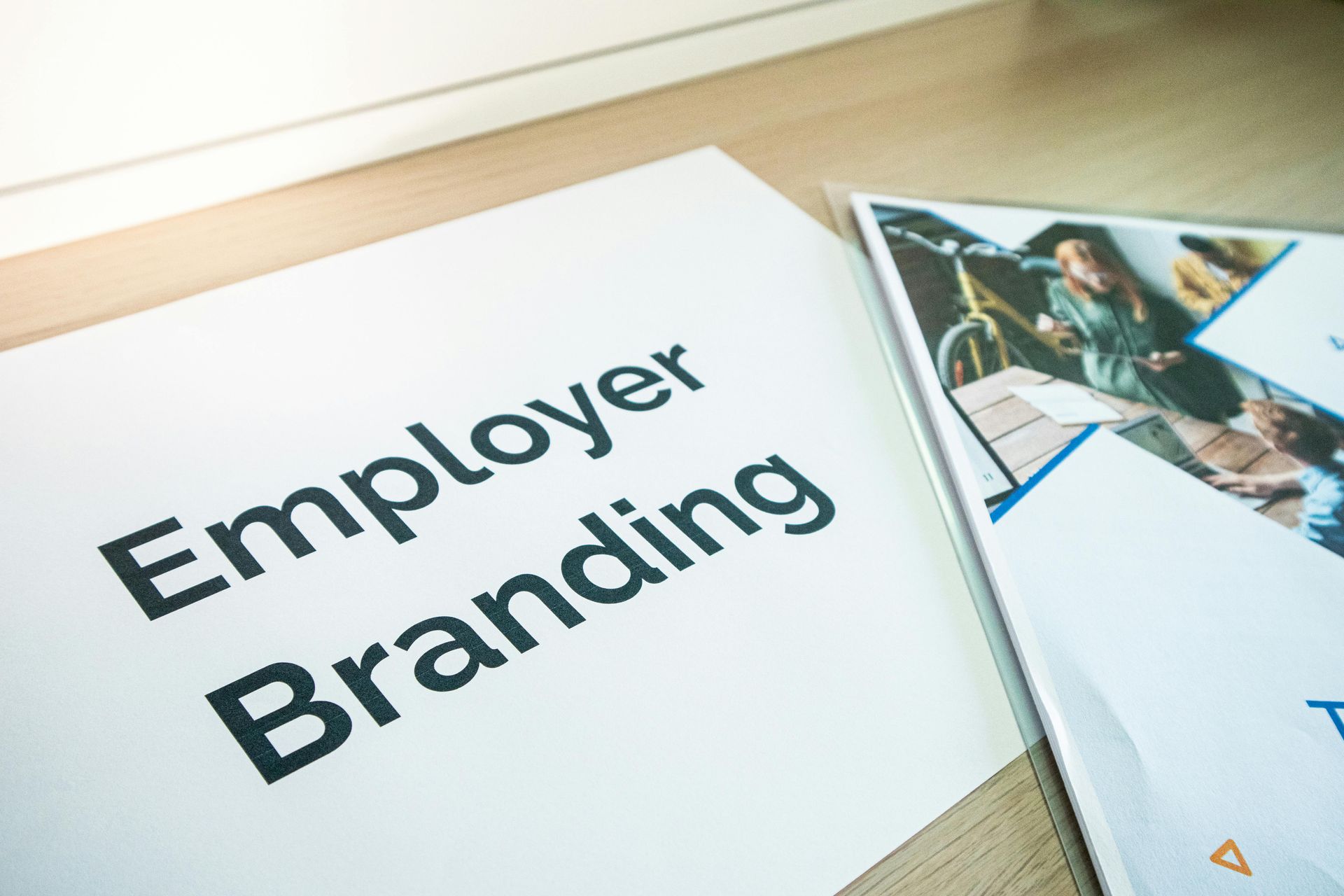Career gaps are more common thank you think ...

How to Handle Career Gaps on Your Resume
Career gaps are more common than you might think. Whether you took time off to raise a family, travel, study, recover from illness, or were impacted by redundancy, employers today are far more understanding than they used to be. The key is knowing how to present these gaps on your resume in a way that's honest, professional and shows the value you bring to a new role.
In this blog, we'll walk you through practical strategies to handle career gaps on your CV or resume - and turn them into strengths.
1.Be Honest, But Keep It Brief
Don't try to hide gaps - most hiring managers will notice them anyway. Instead, acknowledge the period simply and professionally. For example:
- "Career break (2019-2020) - family responsibilities"
- "Travel and personal development (2021"
A short, honest statement is enough. You don't need to go into detail unless asked in an interview.
2.Highlight What you Did during the gap
Even if you weren't in formal employment, chances are you gained valuable experience. Think about:
- Volunteering - community work, mentoring, charity projects
- freelancing or consulting - even short-term projects count
- Courses or certifications - online learning, professional development
- Transferable skills - time management, problem-solving, communication
3.focus on skills and achievements, not timelines
Instead of making your CV look like a strict timeline, use a skills-based (functional) resume format. This allows you to group experience under key skill areas (e.g. leadership, project management, customer service) rather than just by job title and date.
4.Use your cover letter to add context
Your CV should be factual and concise, but your cover letter is the perfect place to explain your career break in more detail if needed. Keep it positive and forward-looking. For example:
- "After taking a year out to complete a digital marketing certification, I am now eager to bring my new skills into a dynamic role".
5.Prepare your interview answer
If your gap comes up in an interview, be ready with a clear, confident explanation. Keep it honest, short and positive:
- "I took time off to raise my children, and now I'm excited to return to work full-time."
- "I was made redundant in 2020, so I used the opportunity to complete a professional qualification while actively job searching."
The key is to show resilience and enthusiasm about moving forward.
6. Show Momentum and Enthusiasm
Employers want to know you’re ready to re-enter the workforce with energy. Demonstrating that you’ve stayed updated in your field (through courses, networking, or even following industry news) helps prove you’re job-ready.
Final Thoughts
Career gaps don’t have to hold you back - they can even highlight your adaptability and personal growth. By being upfront, focusing on skills, and showing employers that you’re ready for the next challenge, you can turn a gap into an opportunity.
💡 Tip for job seekers: If you’re unsure how to present a career gap, consider working with a recruitment agency. Recruiters can help you frame your experience, highlight your strengths, and connect you with employers who value your skills.






